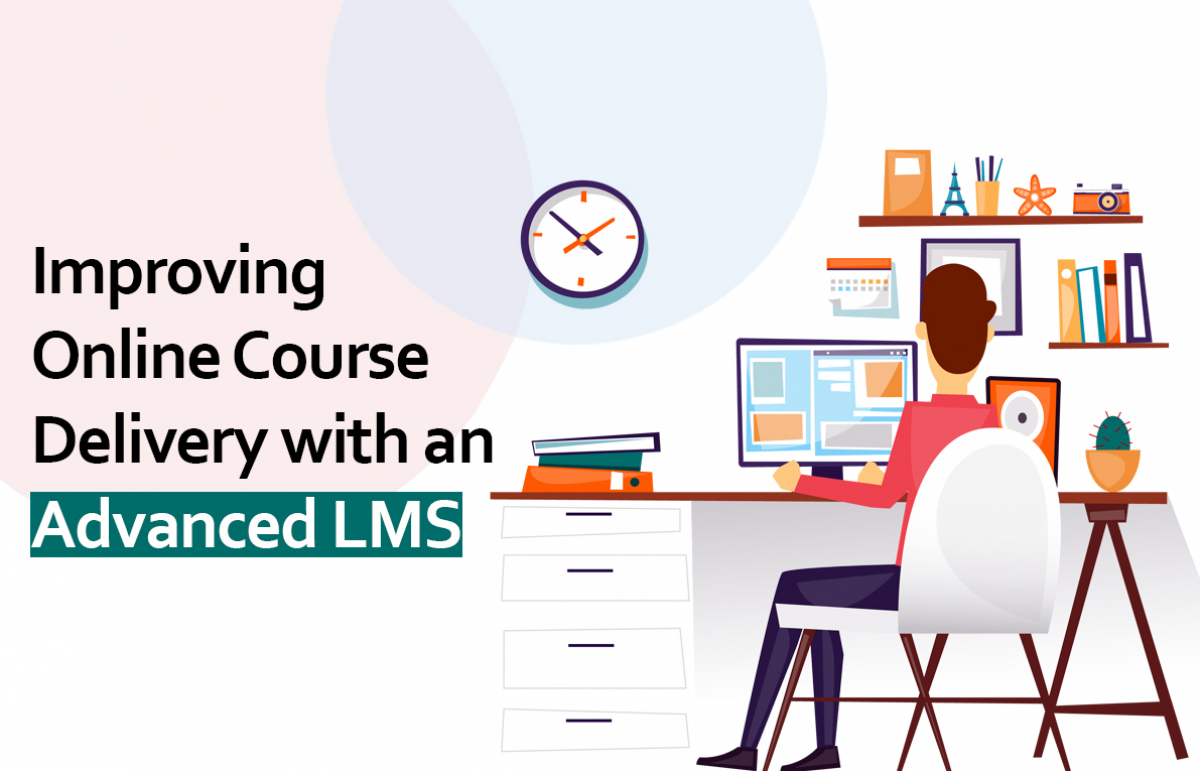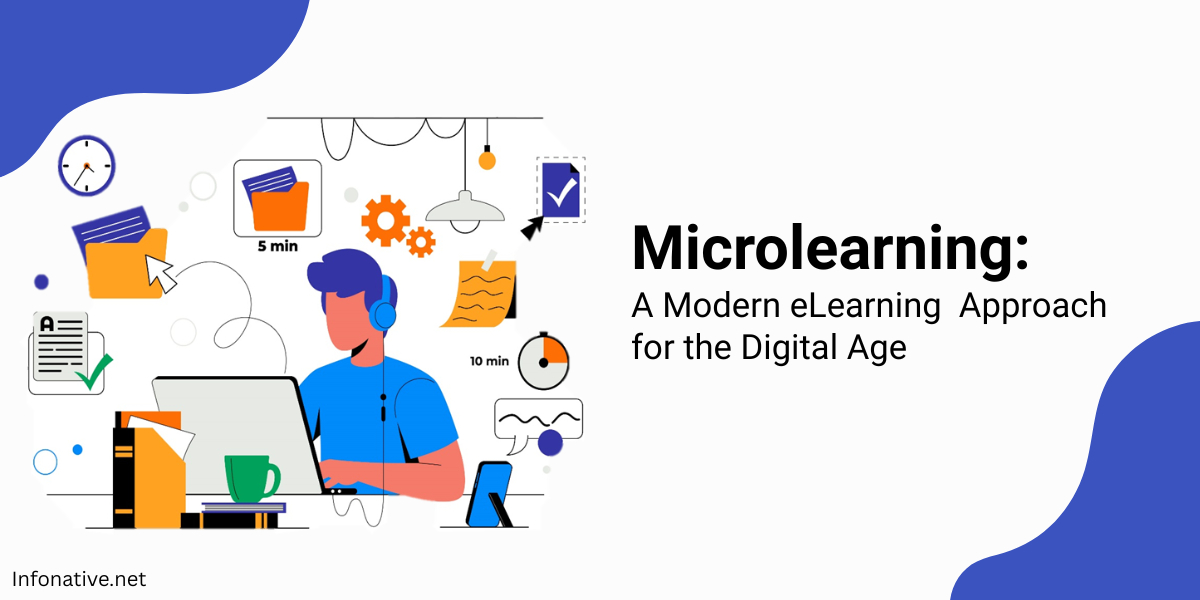The digital revolution has transformed many aspects of our lives, and education is no exception. With the advent of Learning Management Systems (LMS), online course delivery has seen significant advancements, making education more accessible, interactive, and efficient. An advanced LMS can enhance the learning experience for both educators and students by offering a suite of tools designed to streamline course management, foster engagement, and personalize learning. This article explores how an advanced LMS can improve online course delivery.
Centralized Access to Resources
One of the primary benefits of an advanced LMS is the centralized access it provides to educational resources. Students can access course materials, lectures, assignments, and additional reading materials from a single platform at any time. This accessibility is particularly beneficial for students with varying schedules and those balancing work and study. Educators can easily upload and update content, ensuring that all students have the most current information at their fingertips.
Enhanced Interaction and Engagement
An advanced LMS offers various tools that promote interaction and engagement, which are crucial for effective learning. Features such as discussion forums, live chats, and video conferencing allow students to communicate with their peers and instructors in real time. This interaction mimics the traditional classroom environment, fostering a sense of community and collaboration among students. Additionally, multimedia content, including videos, podcasts, and interactive quizzes, can make learning more engaging and cater to different learning styles.
Personalized Learning Paths
Personalization is a significant advantage of advanced LMS platforms. These systems can track individual student progress and adapt the learning experience to meet their specific needs. For instance, adaptive learning technologies within an LMS can recommend additional resources or alternative activities based on a student's performance. This personalized approach helps students to learn at their own pace and ensures that they receive the support they need to succeed.
Efficient Course Management
For educators, an advanced LMS simplifies course management. Teachers can automate administrative tasks such as grading, attendance tracking, and assignment submissions. This automation frees up time for educators to focus on teaching and interacting with students. Moreover, LMS platforms often include analytics tools that provide insights into student performance and engagement, allowing instructors to identify areas where students may be struggling and adjust their teaching strategies accordingly.
Collaboration and Peer Learning
Collaboration is an essential component of the learning process. Advanced LMS platforms facilitate peer learning by providing collaborative tools such as group projects, peer reviews, and shared workspaces. These tools enable students to work together on assignments, exchange feedback, and learn from each other’s perspectives. Such collaborative activities not only enhance learning outcomes but also help students develop essential skills such as teamwork and communication.
Flexibility and Accessibility
One of the most significant benefits of online learning through an LMS is the flexibility it offers. Students can access course materials and complete assignments from any location with an internet connection. This flexibility is particularly advantageous for adult learners, working professionals, and those with family commitments. Furthermore, advanced LMS platforms are often designed to be mobile-friendly, ensuring that students can learn on the go using their smartphones or tablets.
Continuous Improvement and Feedback
An advanced LMS allows for continuous improvement of the course content and delivery methods. Educators can gather feedback from students through surveys and discussion forums, using this feedback to refine and enhance their courses. Additionally, LMS analytics provide valuable data on how students interact with the course materials, enabling instructors to identify which resources are most effective and which may need improvement. This continuous feedback loop ensures that the quality of education remains high and evolves to meet the needs of students.
Security and Data Privacy
Advanced LMS platforms also prioritize security and data privacy, which are crucial in today’s digital age. These systems include robust security measures to protect sensitive student information and ensure that data is only accessible to authorized users. Educators can be confident that their course materials and student records are secure, allowing them to focus on delivering high-quality education without concerns about data breaches or unauthorized access.
Conclusion
The integration of an advanced LMS into online course delivery offers numerous benefits that enhance the educational experience for both students and educators. By providing centralized access to resources, facilitating interaction and engagement, enabling personalized learning, and streamlining course management, an advanced LMS transforms the way education is delivered. As technology continues to evolve, the role of LMS in education will likely become even more significant, offering new opportunities for innovation and improvement in online learning. Embracing these advanced systems can help institutions provide a more effective, engaging, and accessible education for all learners.




